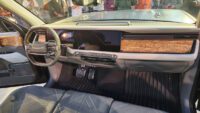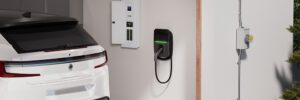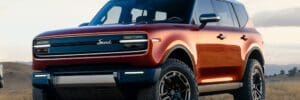

In the early 2010s, Tesla poked a couple of bricks out of the dealership wall that separates automakers from consumers in the US market. Could that wall come crashing down someday soon?
The dealership model, with its leisure-suited salespeople performing their high-ball, low-ball, “let me see what we can do” dance, has been an anachronism since consumers got used to buying things online. And by most accounts, dealerships are a major obstacle to EV adoption—most salespeople outside California remain uninformed about EVs, despite education programs instituted by Chargeway and others, and dealerships continue to actively lobby against pro-EV policies.
Now Scout Motors, a brand of the Volkswagen Group that builds rugged, off-road-capable electrified vehicles, has announced plans to sell its trucks directly to consumers when they launch in 2027, with transparent pricing, online orders and company-owned stores. Dealer groups are already organizing legal challenges.
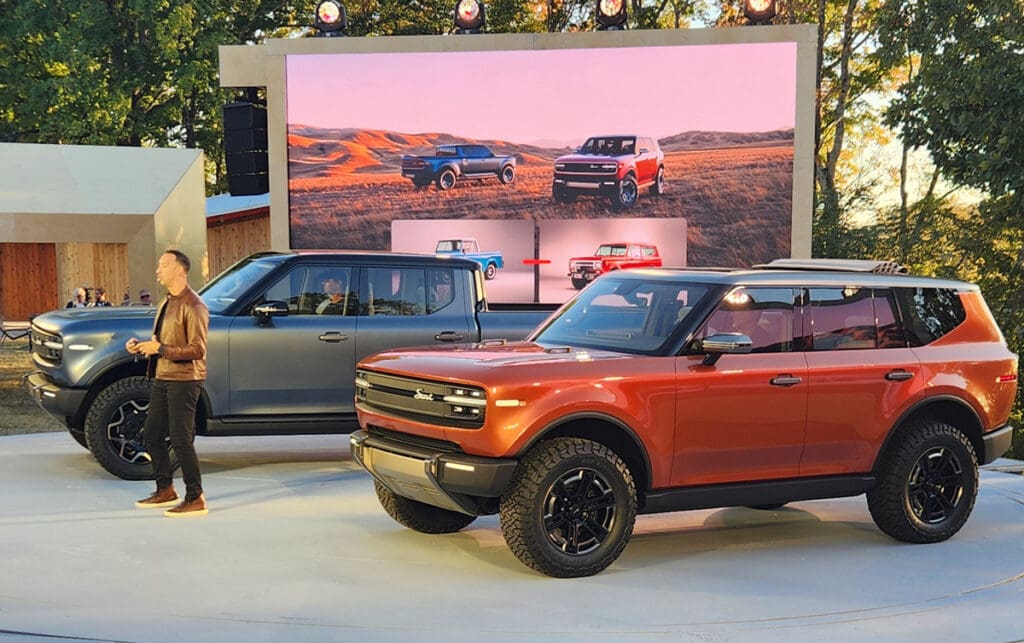

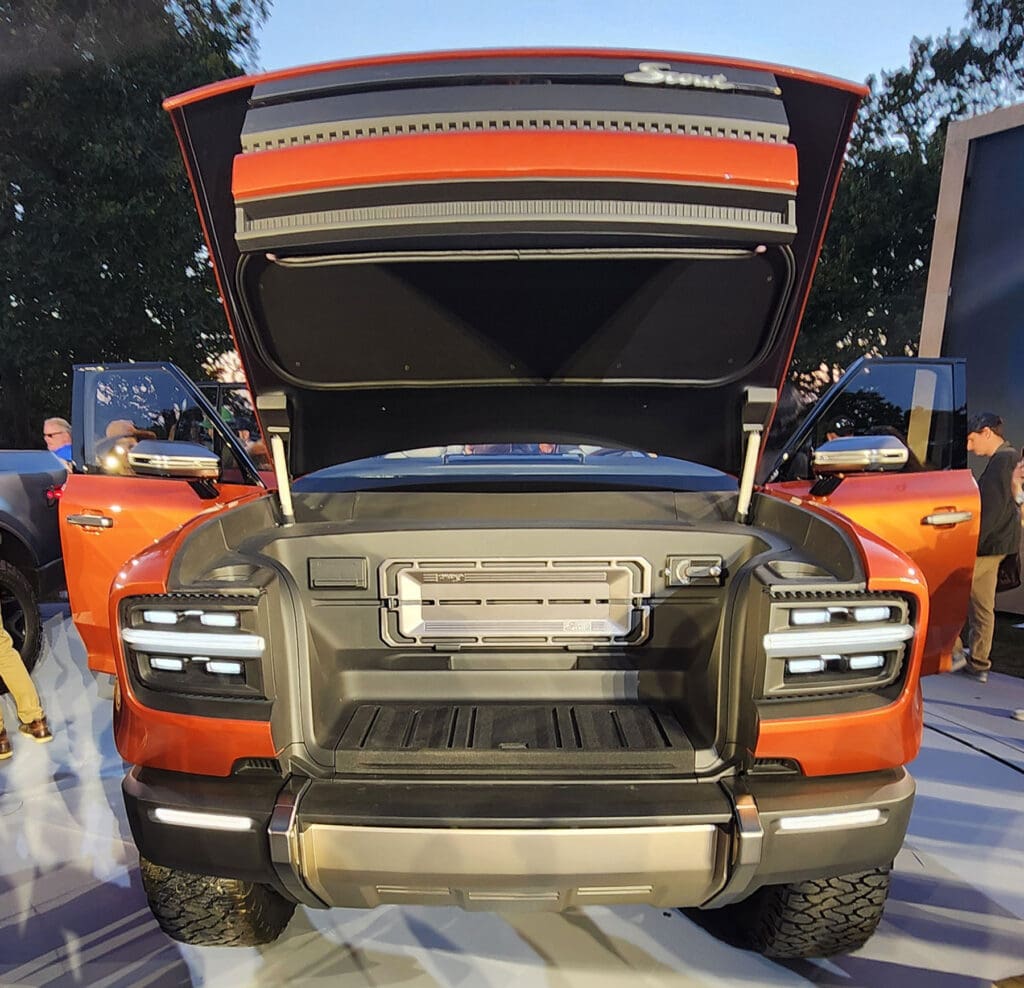

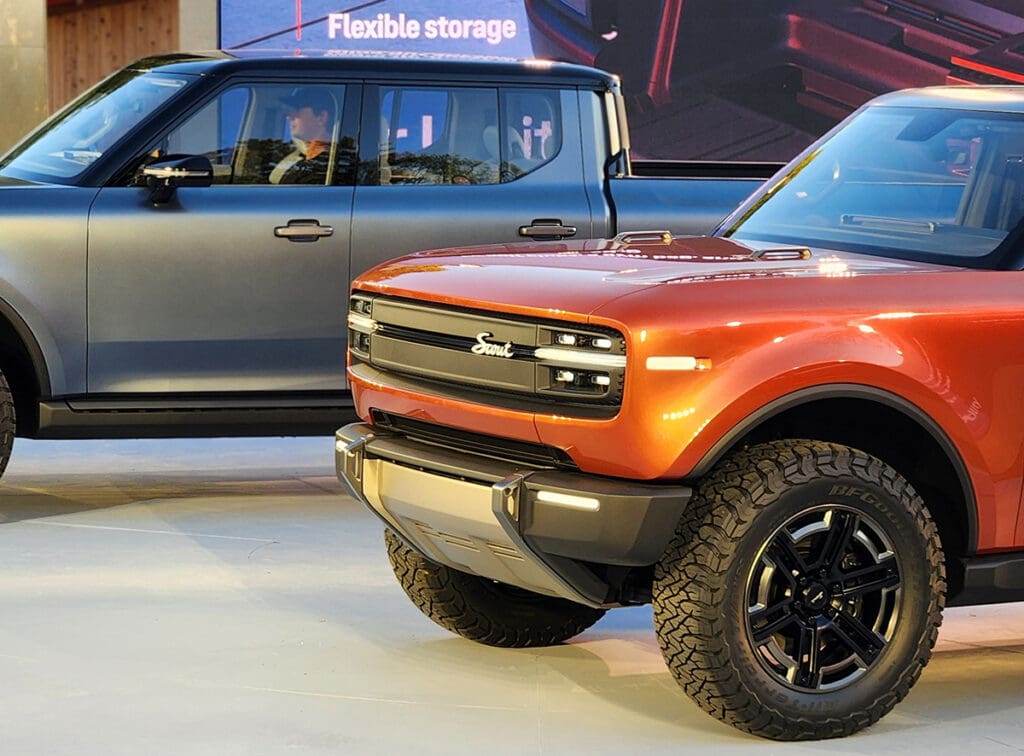

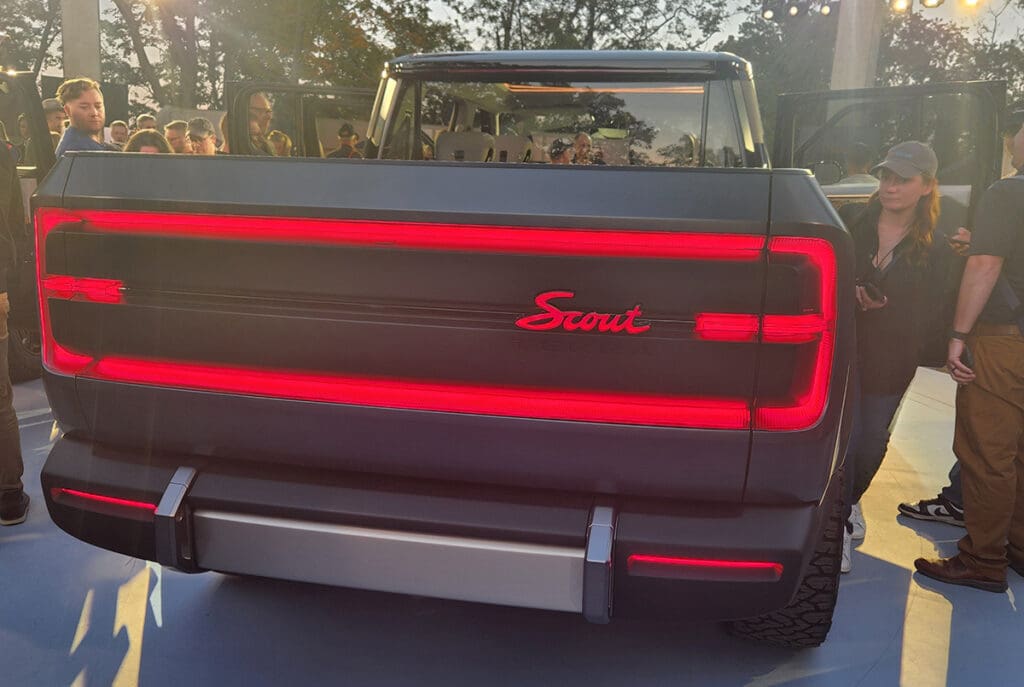

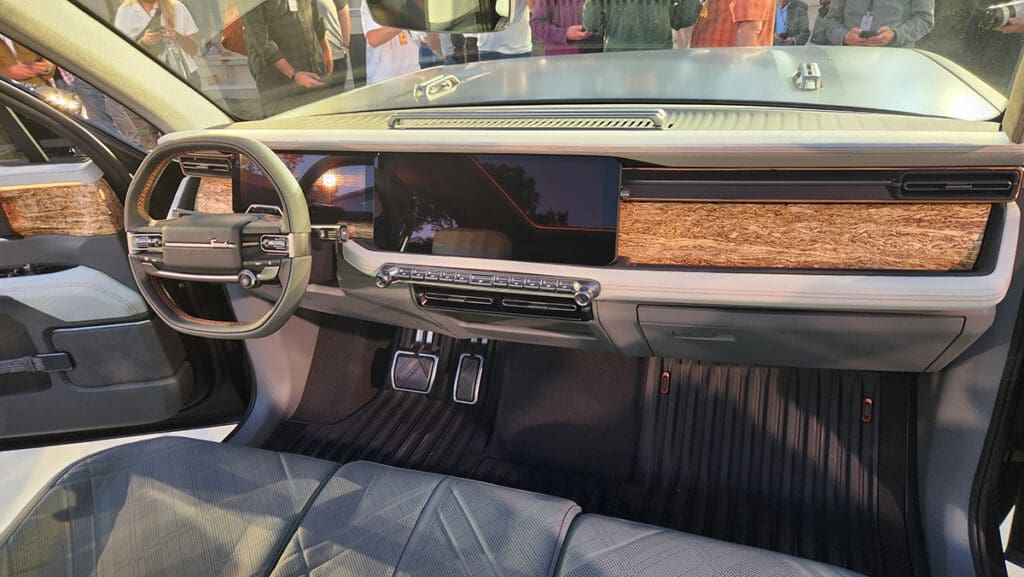

Photos by John Voelcker
InsideEVs’ Mack Hogan writes that Volkswagen dealers are “furious” that Scout plans to cut them out of the picture, and claim that they’ve long wished VW would offer vehicles of this kind in the US market (presumably without the electric powertrains). “To just show these new vehicles that would have fit very nicely into VW’s portfolio, it’s like rubbing salt in the wound here,” National Auto Dealers Association CEO Mike Stanton told Automotive News.
California dealers are planning to sue, arguing that Scout is competing with VW’s own dealers, a mortal sin under state franchise laws. Scout contends that it’s a different company than VW. (Hmmm…could that be part of the reason legacy automakers are setting up new subsidiaries to sell their EVs?)
Scout execs believe they’ll be able to stave off the legal challenges. “We’re highly confident we’re going to prevail,” Cody Thacker, Scout Motors’ VP of Growth, told InsideEVs. “We think we have the right position here, and it’s never a bad spot to be advocating for consumer choice and consumer freedom in car buying.”
MORE: Scout Motors unveils EV Terra truck, Traveler SUV concepts, including Harvester range extender
The car dealer groups’ claims are “what you would expect from a lobbying entity,” Thacker added. “It’s what you would expect from a trade association. We don’t believe that there’s any validity to the claims.”
“To me there is no doubt that if we can offer a buying process that is transparent, that is seamless, that is fast and that is truly enjoyable, that’s what we’re doing,” Scout CEO Scott Keogh told InsideEVs. “I think these things should be decided by the American consumer and businesses should innovate and compete. I’ll let the market speak.”
The legal battles will probably be fought ought state by state over the course of years (as is the case with Tesla’s ongoing saga), and Mr. Hogan notes that Scout does not need to win in every state. Rivian and Tesla get around local prohibitions by simply doing the paperwork for a sale in one state, and delivering the vehicle in a another. Setting up service centers is a more complicated matter, but Mr. Thacker believes Scout will be able to handle it. “Within five years of our launch, we’ll have 100 rooftops across the United States and Canada,” said he. “All of these locations will over-index on service infrastructure.”
Source: InsideEVs

